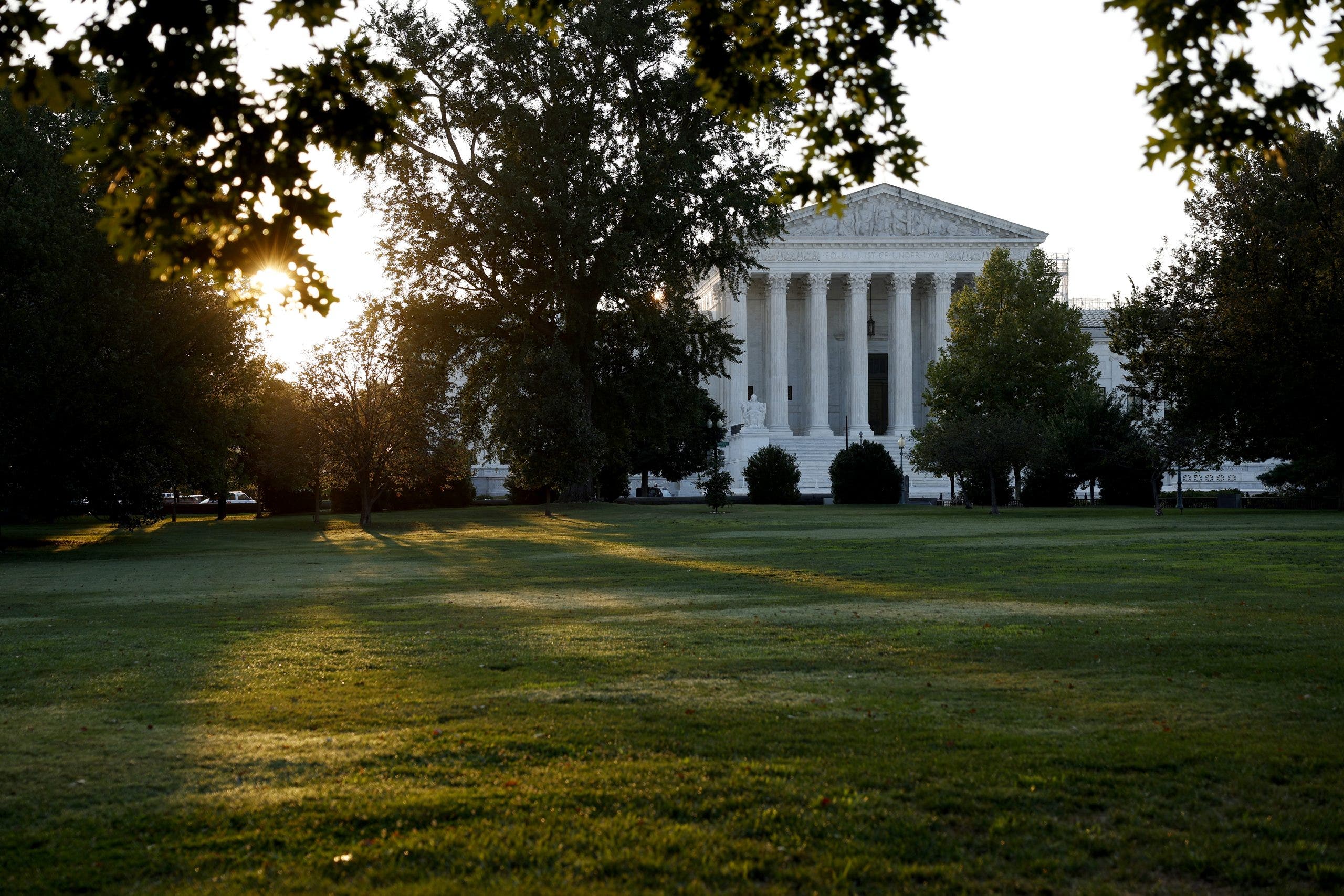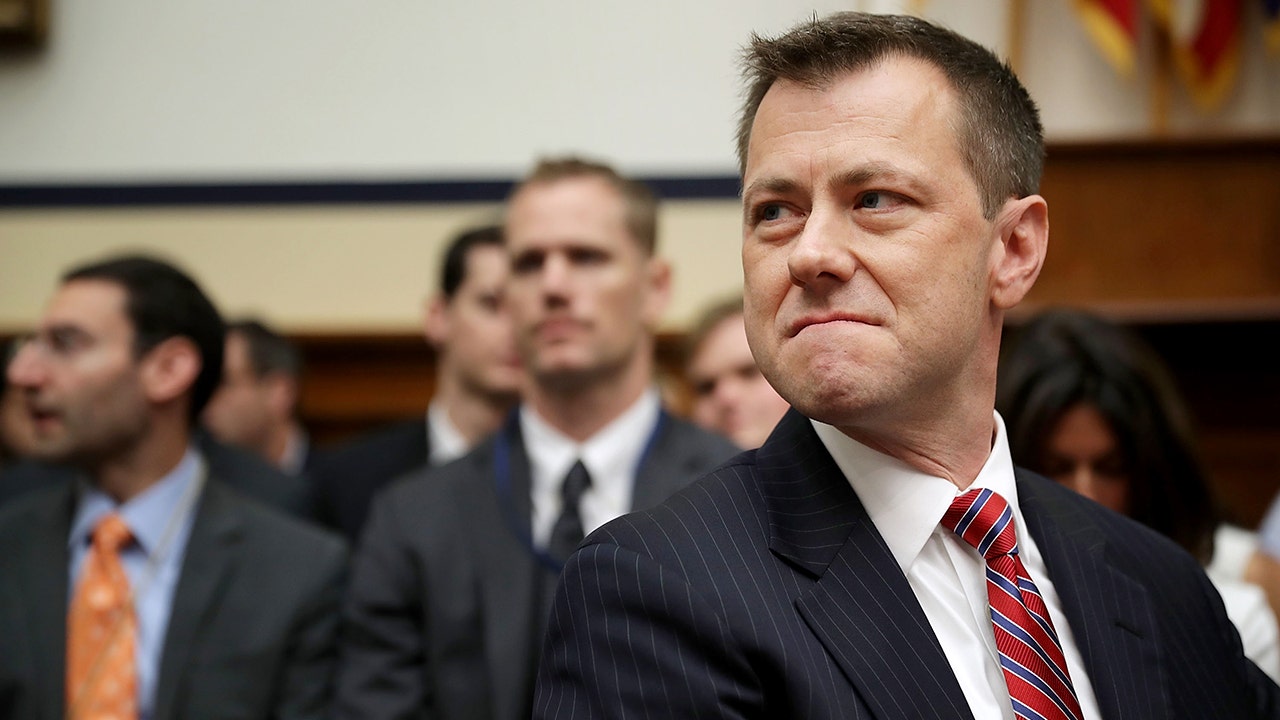Democratic Maryland Governor Wes Moore faced tough questions on CNN Sunday regarding his party’s struggle to retain support among young men.
Appearing on CNN’s State of the Union, Moore was asked by host Dana Bash why young male voters have been increasingly walking away from the Democratic Party.
The question follows President Donald Trump’s success in winning over this demographic in the November election.
Elon Musk Called This Financial News ‘Terrifying’
Bash asked if Moore believed the shift was related to issues with the party’s policies, messaging, or both.
In his response, Moore reflected on his own campaign, which was built on engaging young voters, particularly young men.
“Well, I think about the foundation for our race in the first place. It was young people. And a lot of it was young men, because I think we were speaking to them and not speaking at them,” Moore said.
He highlighted concerns about the well-being of young men, noting, “If you look at the data that we have about young men in our society, there is a fall off. The level of suicide rate for young men has exploded. When you’re looking at the fact that the employment rate and the job participation numbers have not grown for young men in this country since 1964…”
FREE Concealed Carry Gun Laws & Reciprocity Map
Moore’s comments echoed a growing concern within the Democratic Party that it has lost touch with key voter groups, especially younger men.
According to an AP VoteCast survey, more than half of male voters under 30 supported Trump in the 2024 election, marking a significant shift from 2020, when Joe Biden had a stronger hold on the same group.
The survey indicated that Trump gained considerable support from young white men, as well as from Hispanic and black young men, who had traditionally backed Democrats.
Bash acknowledged Moore’s success in improving support among young men in Maryland but pressed him on whether this shift was felt nationally by the Democratic Party.
Moore responded by referencing long-term trends, pointing to the efforts made decades ago to address issues affecting young women, which had led to policy pushes aimed at supporting them.
“That 30, 40 years ago, there was a real fall off with young women and there was a big push, a policy push towards making sure that we’re directing more support towards our young women. Now what’s happened is a pendulum has swung,” Moore explained.
The governor urged for a broader conversation on the issue, emphasizing the importance of addressing the needs of young men in society.
“So I’m proud of the fact that Maryland is leading the charge on this, but I do want this to be a larger national conversation about what are we doing to bring young men back into the fold,” Moore said.
“Because it’s not just about elections, it’s about the future of our society that we can solve this challenge.”
While Moore’s focus on young men’s issues is part of a broader effort in Maryland to engage this group, Democrats nationally have struggled to unify behind a clear message or leader.
Some attribute the party’s struggles to its policies, while others point to a disconnect between the party’s brand and the concerns of key voter groups.
This rift was underscored by a recent CNN/SSRS poll released on March 16, which revealed that the favorability rating of the Democratic Party had dropped to a record low of 29%, representing a 20-point decline since January 2021.
With the 2026 midterm elections on the horizon, the Democratic Party faces significant challenges in regaining the trust of young male voters.
As Moore suggested, this issue goes beyond elections, highlighting the broader societal implications of not addressing the needs of this demographic.
American Made Patriotic Apparel – Save 15% with Promo Code MERICA
The opinions expressed by contributors and/or content partners are their own and do not necessarily reflect the views of LifeZette. Contact us for guidelines on submitting your own commentary.
Read the full article here


![Blue State Gov Struggles to Explain Why Young Men Are Ditching Dems in Droves [WATCH] Blue State Gov Struggles to Explain Why Young Men Are Ditching Dems in Droves [WATCH]](https://www.rvmnews.com/wp-content/uploads/2025/03/2025.03.30-08.09-rvmnews-67e9a4eaa513a.jpg)





![Chuck Todd Panics as Trump Designates Antifa as Terrorists, Worries for George Soros [WATCH] Chuck Todd Panics as Trump Designates Antifa as Terrorists, Worries for George Soros [WATCH]](https://www.lifezette.com/wp-content/uploads/2025/04/2025.04.21-10.34-lifezette-68061f2a3cf2c.jpg)


